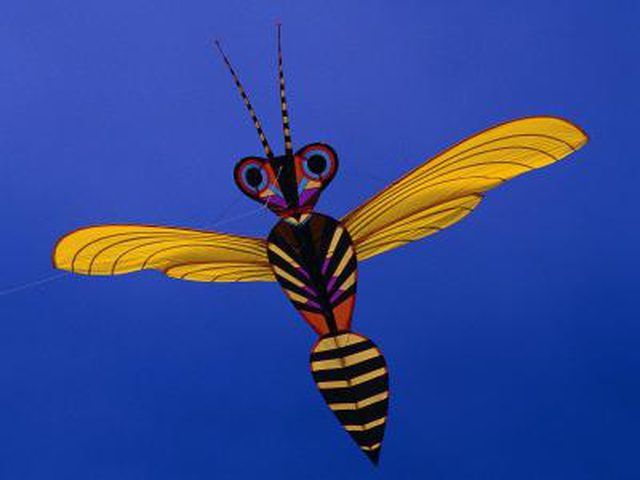Bulbs
Flower Basics
Flower Beds & Specialty Gardens
Flower Garden
Garden Furniture
Garden Gnomes
Garden Seeds
Garden Sheds
Garden Statues
Garden Tools & Supplies
Gardening Basics
Green & Organic
Groundcovers & Vines
Growing Annuals
Growing Basil
Growing Beans
Growing Berries
Growing Blueberries
Growing Cactus
Growing Corn
Growing Cotton
Growing Edibles
Growing Flowers
Growing Garlic
Growing Grapes
Growing Grass
Growing Herbs
Growing Jasmine
Growing Mint
Growing Mushrooms
Orchids
Growing Peanuts
Growing Perennials
Growing Plants
Growing Rosemary
Growing Roses
Growing Strawberries
Growing Sunflowers
Growing Thyme
Growing Tomatoes
Growing Tulips
Growing Vegetables
Herb Basics
Herb Garden
Indoor Growing
Landscaping Basics
Landscaping Patios
Landscaping Plants
Landscaping Shrubs
Landscaping Trees
Landscaping Walks & Pathways
Lawn Basics
Lawn Maintenance
Lawn Mowers
Lawn Ornaments
Lawn Planting
Lawn Tools
Outdoor Growing
Overall Landscape Planning
Pests, Weeds & Problems
Plant Basics
Rock Garden
Rose Garden
Shrubs
Soil
Specialty Gardens
Trees
Vegetable Garden
Yard Maintenance
How to Get Rid of Flying Insects, Wasps, Bees and Spiders
How to Get Rid of Flying Insects, Wasps, Bees and Spiders. Wasps, bees and many other flying insects are beneficial creatures that provide valuable services to farmers and gardeners. Flying insects, especially bees, assist in the pollination of flowering plants. Many varieties of bees make honey. Wasps devour other insects that may cause harm to...

Wasps, bees and many other flying insects are beneficial creatures that provide valuable services to farmers and gardeners. Flying insects, especially bees, assist in the pollination of flowering plants. Many varieties of bees make honey. Wasps devour other insects that may cause harm to crops. Spiders are also beneficial arthropods. They are carnivores and help to keep down the population of harmful insects. But in spite of these facts, wasps, bees and spiders are not welcome guests in and around the home or on picnics. Bees and wasps may sting, and some spider species bite. Although most varieties are not aggressive, many people are still intimidated by them. There are several things you can do to drive these creatures away if they become a nuisance.
Things You'll Need
Jar and lid
Apple juice
Insecticide
Remove or cover all potential food sources. When bees and wasps are attracted to humans and human dwellings, it is usually because they smell something to eat. Sugar-filled sodas and fruit juices are especially attractive to them. Use lids on cups at picnics and keep desserts and trash cans covered. If flying insects cannot find food, they will usually go away. Since spiders are completely carnivorous, you can drive them away by driving away insects, which are their primary food source.
Remove any nests on or near your house. Many wasp varieties like to build their nests under the eaves of houses. A nest can usually be knocked down and crushed or burned. Yellow jackets often like to nest in holes in the ground, which can be unpleasant if you are mowing the lawn. The insects in the underground nest can be drowned by running a hose into the nest. Once the hole is thoroughly soaked with water, fill it in with soil to discourage more nesting. Spider webs can usually be destroyed with a broom or a stick.
Catch wasps and other flying insects in traps. Poke holes in a jar lid, then fill the jar with apple juice. Put the lid on the jar and set it far away from your house or picnic. The wasps will crawl into the jar and drown.
Spray the insects or spiders with a commercial insecticide. Do this only if the other methods do not work since the insecticide may harm other beneficial insects as well.
Tips & Warnings
Destroy wasp and yellow jacket nests at night when the insects are dormant.
Avoid using gasoline to destroy nests. Fire can injure you and cause damage to your house.